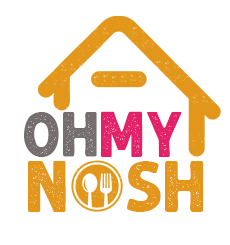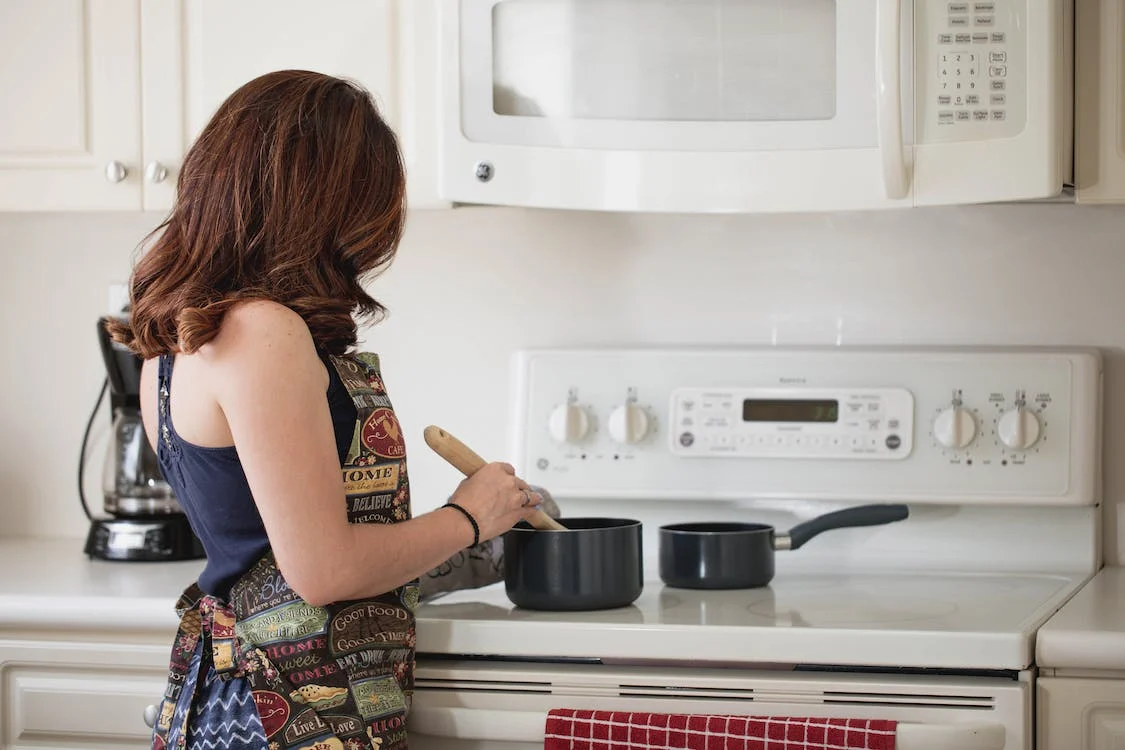Introduction
Cooking is the process of preparing food for consumption by applying heat. Every morning when we first get out of bed, we consider what we will have for breakfast. Of course, after deciding what to eat, we must cook it so that it is ready for us when we need it.
Cooking has been viewed as both an art and a science for as long as civilization has existed. Its diversity and traditions reflect particular social, cultural, and environmental factors, and its history gives light on the very beginnings of human habitation.
Regular people also cook in their own homes in addition to professional chefs and cooks in restaurants and other culinary establishments. The act of preparing food with heat or fire is a human-only activity.
Others think that humans originally developed cooking up to 2 million years ago, despite the fact that there is archeological evidence of cooking fires reaching back at least 300,000 years. Researchers have discovered what seem to be the remains of campfires built by Homo erectus, one of the early human species, 1.5 million years ago.
The history of cooking
According to phylogenetic research, cooking may have been adapted by early hominids between 1 and 2 million years ago. Burnt bone pieces and plant ashes from the Wonderwerk Cave in South Africa have been reanalyzed, and the results have shown that early humans were in control of fire by 1 million years ago.
All over Europe and the Middle East, there is archeological evidence dating back 300,000 years, including ancient hearths, earth ovens, burnt animal bones, and flint. The first indication of controlled fire use to prepare food by prehistoric human dates to approximately 780,000 years ago and comes in the form of hot fish teeth from a deep cave.
The key skills needed to be a great cook
Becoming a cook entails more than just preparing meals. You also need to acquire and perfect a few crucial skills. You can succeed in this field by being aware of the abilities that companies would anticipate you to possess. If you want to be a great cook you need to be able to possess the following skills:
Openness to learning
Being a cook might involve practical training. You must become an expert in the flavors and preparation methods of many foods, which might take a lot of time and effort. You must be willing to learn new things all the time if you want to become an excellent cook.
Authentic passion for cooking
The busiest working days, like Christmas, Valentine’s Day, or Mother’s Day, to mention a few, are frequently ones when other people are out celebrating, making the job of a chef stressful. You therefore must genuinely want to be the one who elevates others’ eating occasions. Maintaining and fostering your love of all things culinary will keep your artistic talent alive and make your job more enjoyable.
Time management
You need to be efficient with your time management if you want to be a great cook. As you may have really busy and hectic days, such as certain important holidays. There will be a lot of people eating out at this time, and the kitchen will undoubtedly be very busy.
Regarding food safety
Cooks are typically responsible for making sure the food they make is healthy and clean. You can prevent food-borne illnesses by being aware of your local health codes and industry standards. For instance, knowing the ideal cooking and storage temperatures will help you lower the rate of food spoiling.
Teamwork
Cooks frequently work along with wait staff, line cooks, and head chefs as well as other members of the kitchen crew. Teamwork can be used in a variety of settings, such as when you alternate cleaning jobs with other kitchen workers, deliver customers’ food orders, and prepare alongside other cooks. You may improve your teamwork skills by working on your communication and empathy skills.
Dedication to quality
By providing their consumers with high-quality food, a chef can demonstrate dedication to their job. Every restaurant has a standard technique of preparing food. You must uphold these standards as a cook in order to keep existing clients and draw in new ones. By taking the time to inquire about any possible meal improvements from clients, you may develop these skills.
Creativity
A chef will be imaginative when it comes to creating a menu, how the food appears on the plate, and how the dish tastes to the patrons. They’ll use their creativity to design the kitchen’s functionality as well.
There are several ways to show creativity in the kitchen, like preparing a meal employing novel flavors and techniques, coming up with original restaurant themes, and presenting food to patrons in a beautiful and distinctive way.
Even the restaurant’s furnishings, table settings, and seating arrangements may be handled by some chefs. Don’t be afraid to experiment with your creativity because a chef’s reputation for innovation is typically what attracts customers.
Cleanliness
Cleanliness promotes food and kitchen safety and gives your consumers the impression of being in a welcoming and healthy atmosphere. Cleaning and sanitizing your kitchen tools after each meal will help you display these skills. Enrolling in a food safety and sanitation course is another way to enhance these abilities.
Decision-making
Professional chefs may choose to do a variety of things with their job in order to please their consumers. To give yourself more time to master some of the most popular dishes, you may, for instance, cut back on the number of meals on the menu. If this is the case, you can evaluate the decision’s impact to determine if it was favorable or negative.
You may improve your decision-making by taking into account how your choices will affect your team and clients, as well as by looking into different cooking methods.
Leadership Skills
Experienced chefs should know how to manage the team and get the greatest performance from them in addition to being team players. The head cook is in charge of the kitchen; thus, they must be able to deliver instructions and have them swiftly carried out.
They must simultaneously keep the kitchen’s ambiance positive. Along with making sure everything runs smoothly, they might also need to mentor and coach junior staff members during service.
Conclusion
Don’t worry if this list doesn’t sound like you yet; keep in mind that abilities like these might take a lifetime to develop. Knowing the essential abilities required to become a cook is a positive beginning. Do not rush yourself to get all of these skills. Simply take your time and relish each opportunity to learn. You will reap the benefits of your planting at the appropriate moment.

